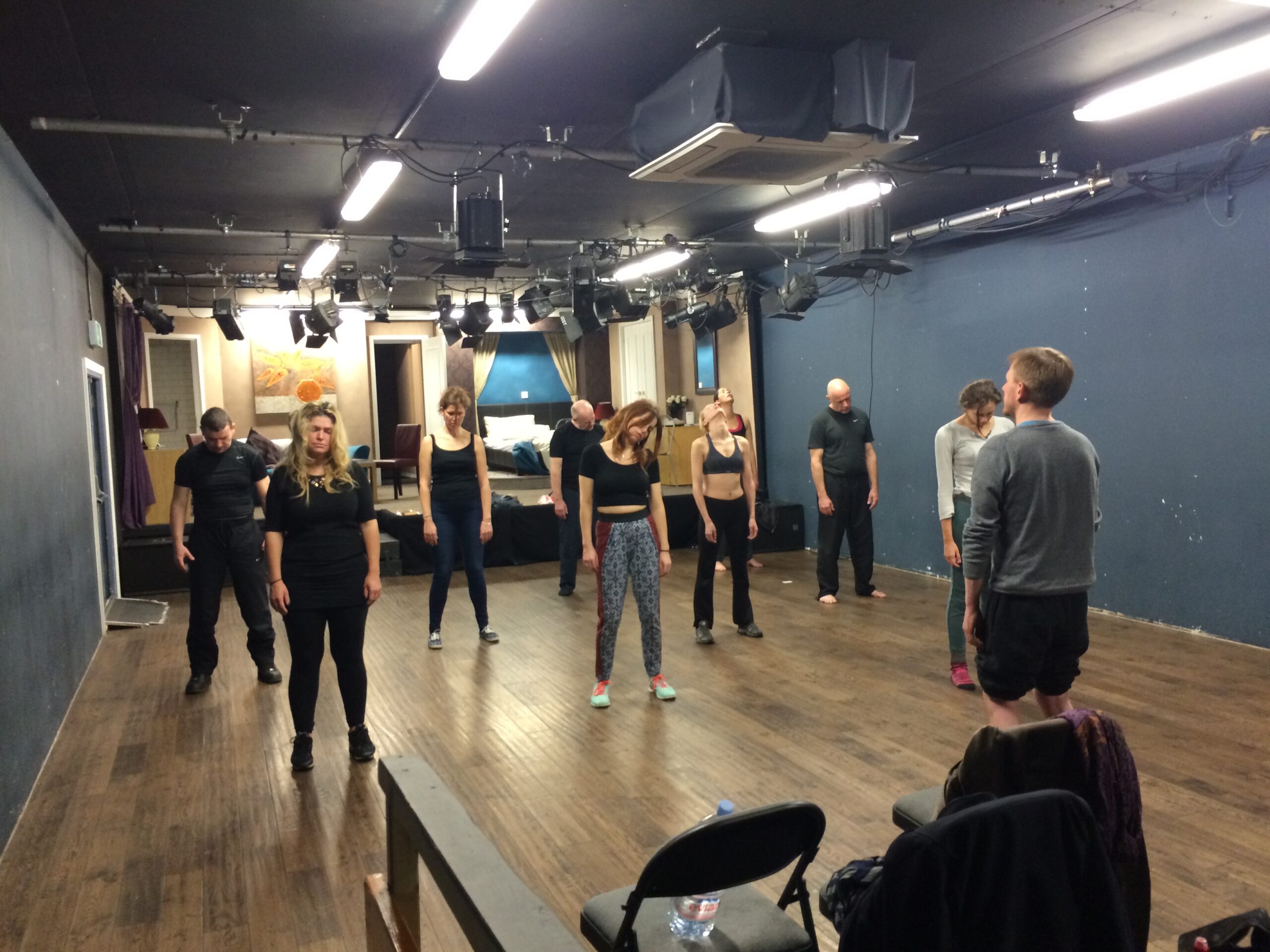The Truth About Choosing The Right Acting Classes
If you want to avoid wasting years of your life and thousands of pounds on the wrong acting classes, then read on.
When I first considered attending acting classes, I didn’t think through what kind of actor I wanted to be. I knew I wanted to act, and I knew I wanted to go to drama school to train, but I didn’t think in detail about what kind of material I wanted to be involved in at the end of it.
This is not uncommon, and thirty years later, the acting training landscape has changed considerably. There are now a lot more options. You don’t have to attend a traditional drama school for three years; there are now plenty of credible part-time options. There are also many hobby acting classes that provide fun and entertainment for the attendees, but they are not serious acting training.
This makes it vital that you have a criteria that you have in mind that will allow you to choose the correct acting classes.
What kind of actor do you want to be?
Do you want to be in musical theatre? Do you want to do serious drama? Do you want to do comedy? Do you want to do classical stage work like Shakespeare? Do you want to do physical theatre? Do you want to do TV and film?
Now, you might say you want to do all of it, which is fine, but which one is the one that you are happiest doing? And which is the one you think you are best suited to? Usually, the answer to both those questions is the same.
What kind of acting technique suits that aspiration?
Now that you are clear on which type of material interests you the most, you can then research which techniques would best suit you.
If you want to do serious film dramas, then the techniques you need to learn are different from musical theatre, as an example. There may be cross overs in techniques used, but there is a massive difference in how they are applied.
In the end, I realised that I wanted to do gritty drama, so I researched the technique used by actors who were doing this sort of work which lead me to method acting classes.
How much are you willing to invest?
Some people go for cheap and cheerful as opposed to expensive. All I will say about this is that you get what you pay for. There is a reason why cheap acting classes are cheap.
Personally, when buying anything, I found that in general expensive means higher quality. If quality is important to you (and it should be because this is your career we are talking about), then invest as much as you can afford. Go for high quality rather than cheap.
What kind of acting teacher would suit you?
There are all kinds of acting teachers out there, providing acting classes. Some are pro actors teaching on the side; some are professional teachers, some are brutal, some are nurturing, some are knowledgable, and some are not.
So how do you know which one is right?
Well, you need to get a sense of the person and what their teaching style is like. If you don’t resonate with a teacher, it can be hard work for both of you.
If there is an option to do an introduction, then it’s a good test to see if you are compatible. That’s why I provide online acting classes that can be provided at a lower cost so people can test-drive me. If it works out, and they want more, then they can then think about investing (and applying) for my in-person acting classes, which are reassuringly expensive.
If you follow my criteria that I have laid out above, it will help you to choose the correct acting classes and save you a lot of time, money and heartache in the long run.


